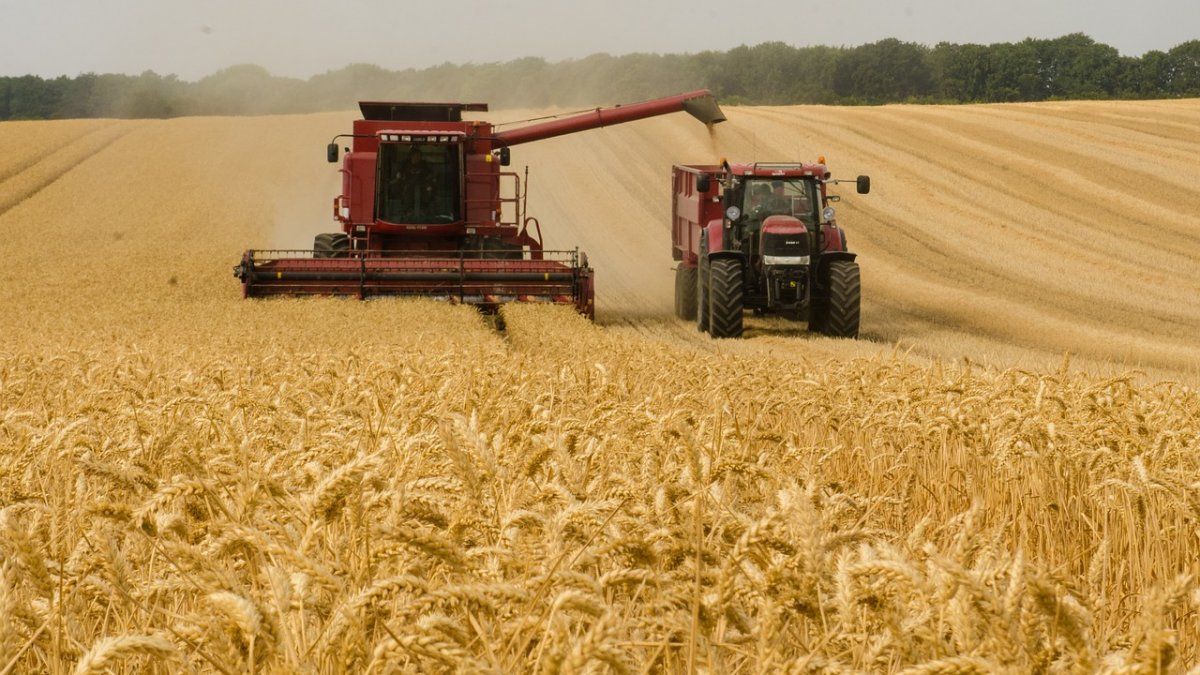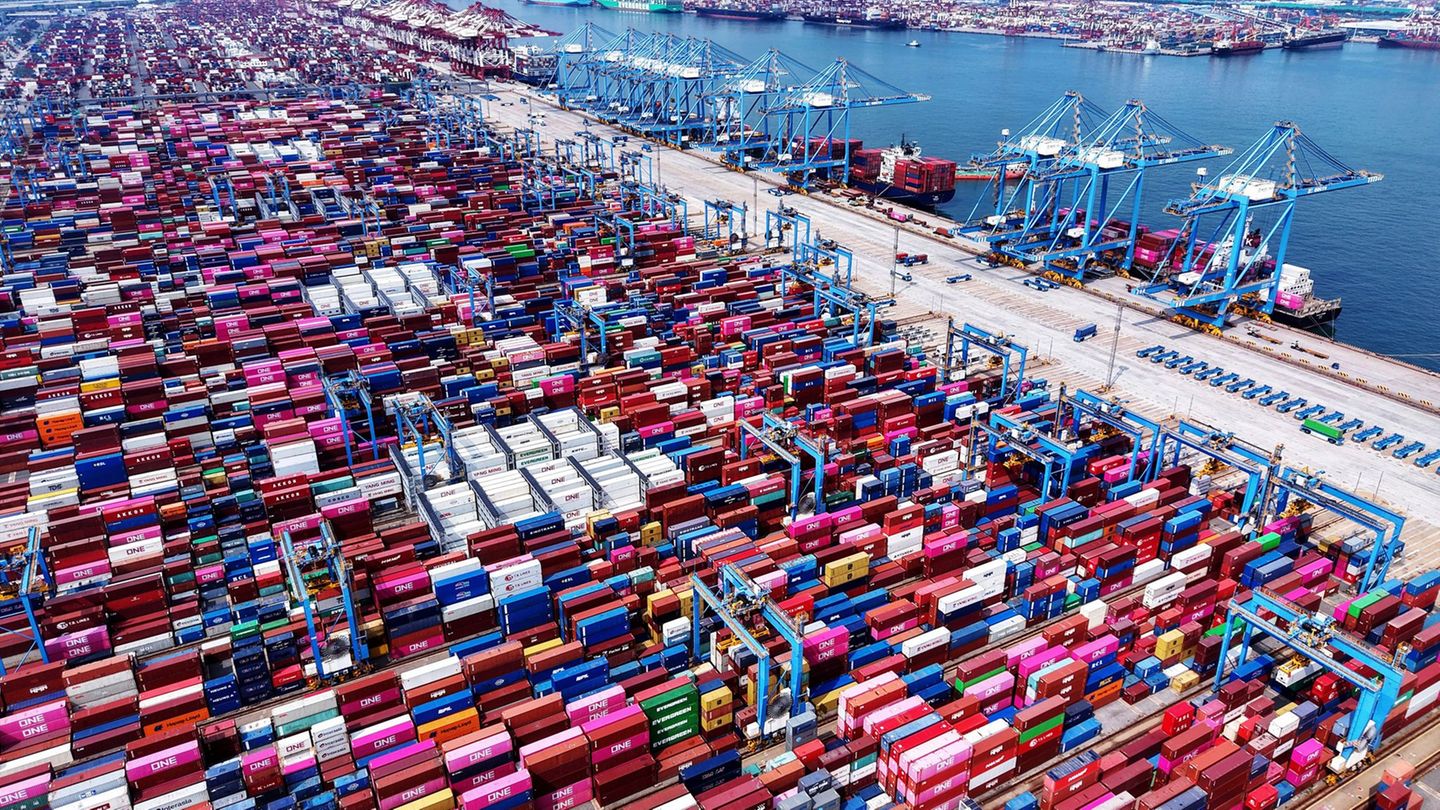Corn also climbed further to trade near an eight-month high as the market grappled with short-term disruption to shipments from Ukraine, as well as the risk that a lingering conflict could hamper spring planting. Soybean prices also continued to rise as oilseed markets feared for supplies of sunflower oil from Ukraine and Russia, a concern that overshadowed signs of better weather for soybean crops in South America.
Russia and Ukraine together account for about 30% of global wheat exports, and the invasion of Moscow launched last Thursday has led to the closure of Ukraine’s ports and unprecedented Western financial sanctions against Russia.
The most active Chicago corn contract (CBOT) added 3.0% at $7-11-3/4 a bushel, near last Thursday’s eight-month high. Investors are also worried about the consequences for the next harvest. As for CBOT soybeans, they added 2.4% to $16.75 and a half per bushel.
The barn of the world puts the world in check
Ukrainian ports will remain closed until the Russian invasion ends, the head of the Ukrainian Maritime Administration said on Monday. The fighting in Ukraine is expected to halt the processing and export of Ukraine’s oilseed crops for at least a month, reducing the supply of sunflower products, consultancy Strategie Grains said.
One concern is that Putin could weaponize wheat in retaliation for Western sanctions against Russian banks and billionaires. Russia is on track to grow 76 million tons of the grain this year, nearly double what it needs to feed its own population. Preventing its surplus of almost 40 million tons from leaving the country – more than 15% of the grain traded annually – would lead the world market to a strong deficit.
Of course, this would also constitute harm to himself. Russian farmers took in $8bn in export earnings in 2020. And bread eaters in poorer countries, for whom food accounts for a much larger share of daily spending, would bear the brunt. This is likely to make life even more difficult for Russian diplomats at the United Nations. Still, it might not be an obstacle for a leader who has already alienated so many countries and seems determined to see Western sanctions tightened.
How it benefits Argentina
In the midst of the war between Russia and Ukraine, Argentina would benefit from an improvement of US$1.8 billion in its agricultural exports. This follows from a report by the Buenos Aires Cereals Exchange and the Institute of International Agricultural Negotiations (INAI). The work arrives at this calculation after analyzing the improvement in grain prices, especially wheat, which has Russia and Ukraine as important players in the market.
In the specific case of Russia, it participates in 9.7% of world production and Ukraine does so with 4.2%. Both add up to 14%. Meanwhile, when looking at the share of global exports, it can be seen that Russia contributes 16.9% and Ukraine 11.6%. Between the two they represent 28.5% of global sales. However, it is detailed in the report that the rest of the non-exported tons could capture the improvements in prices and thus increase the value of exports by some US$1.8 billion, which would compensate for the significant cut that it is suffering. the country product of the drought.
Source: Ambito
David William is a talented author who has made a name for himself in the world of writing. He is a professional author who writes on a wide range of topics, from general interest to opinion news. David is currently working as a writer at 24 hours worlds where he brings his unique perspective and in-depth research to his articles, making them both informative and engaging.




